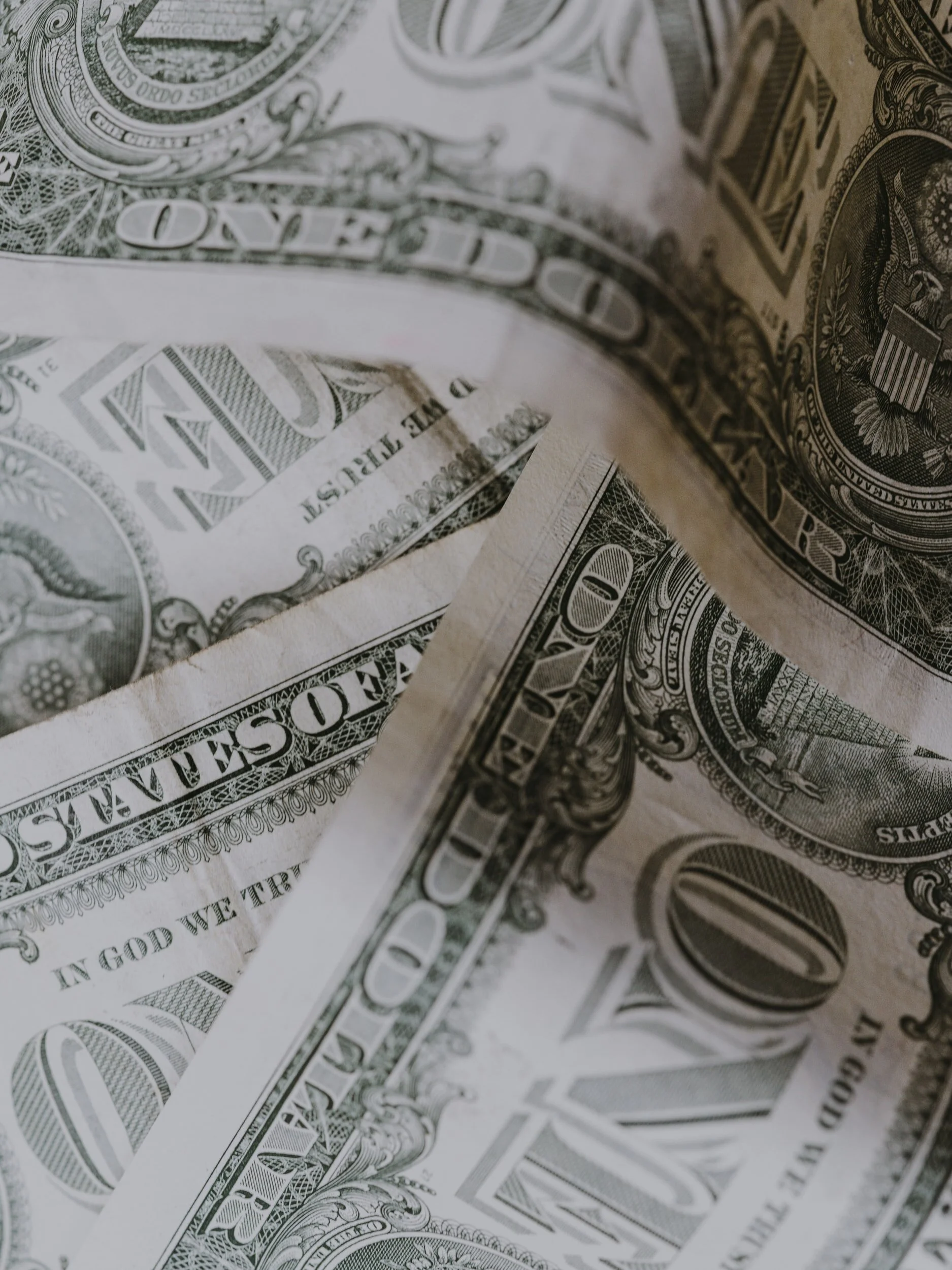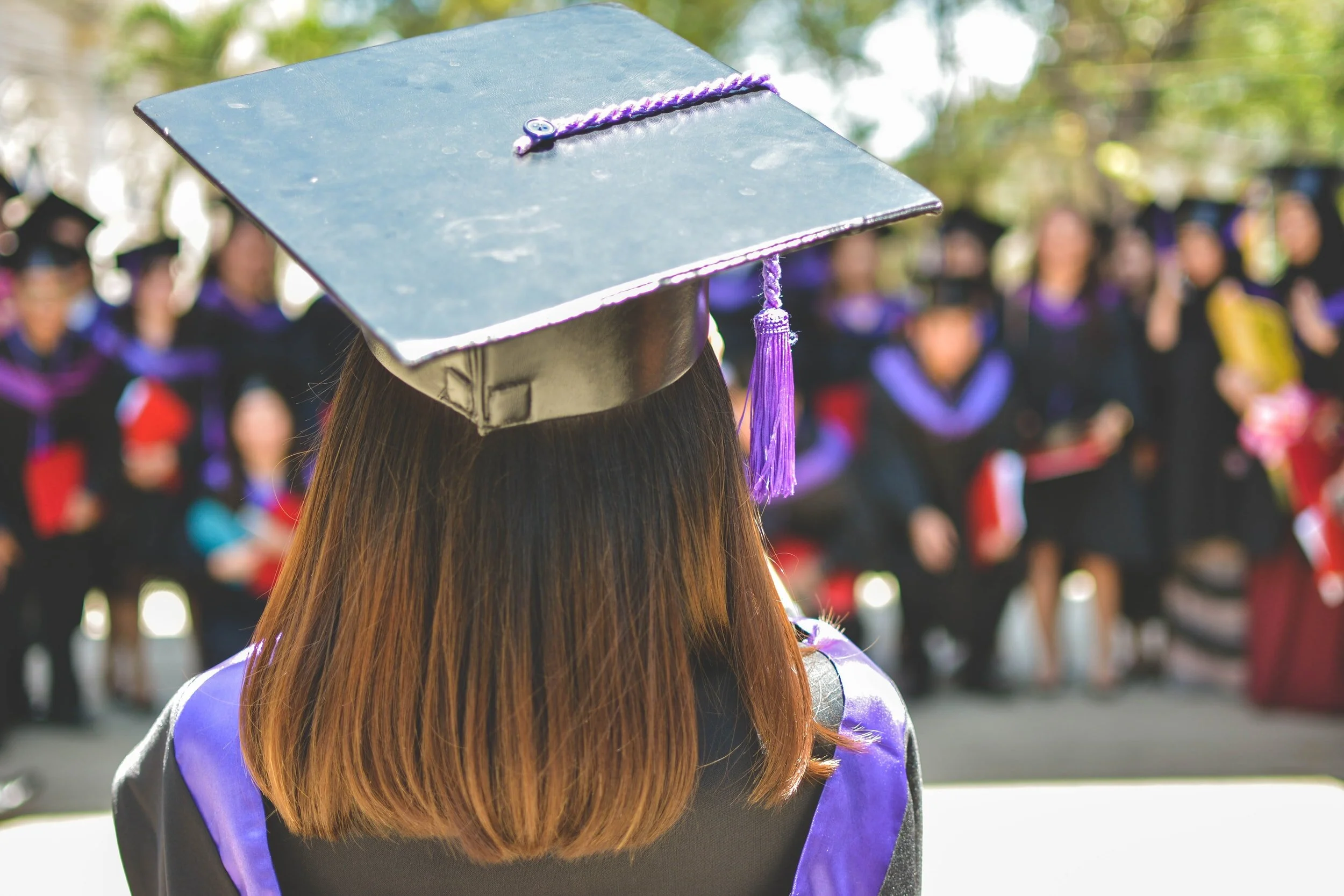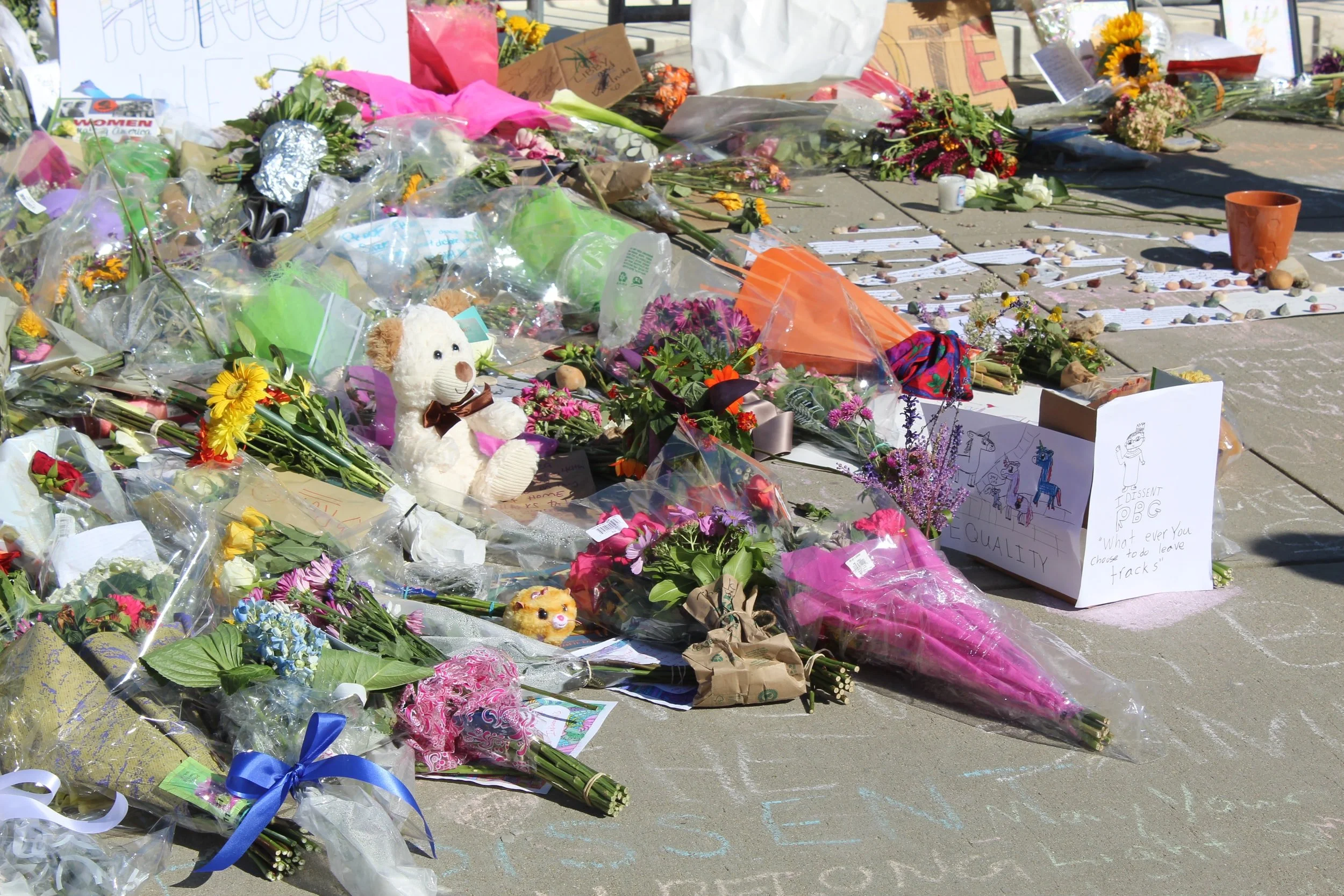The "Fairness" of Maintaining the Status Quo
June 26, 2021
A few hypothetical questions:
Should we stop investing in cancer research based on the idea that, if we were to find a cure, it wouldn’t be fair to those who already died of the disease?
Should we NOT have developed a Covid vaccine out of a sense of fairness to the more than 600,000 in the U.S. whose lives were already lost?
Are employment laws mandating safe workplaces and an end to child labor unfair to the men women and children who suffered and died working in unsafe working conditions throughout the past centuries?
Should all product safety regulations be revoked out of fairness to those who were injured or died from unsafe products?
I could go on and on, but I’m sure everyone gets the point that the logic above obviously makes no sense. But that logic is constantly employed by people who fight to maintain the status quo instead of implementing systems and policies that would make life better for future generations—including their own children.
I’ve written about this flawed logic before in terms of student loan debt forgiveness, but the logic pops up again and again in my Facebook feed—most recently regarding the related topic of free/affordable education. (Student loan debt forgiveness and free/affordable education should go hand-in-hand—it makes little sense to bail out some generations while maintaining the systems and predatory lending practices that will create the need to bail out of subsequent generations.)
A few months ago, a liberal Facebook friend of mine posted a pic of a Twitter post that sparked this kind of debate. (The post didn’t pop into my feed until days after the conversation had really ended, so I didn’t chime in at the time, and instead I’ve ruminated about different aspects of this logic over the past few weeks, as I tend to do.) The viral Twitter post was from a user called “thee glodan,” and stated, “So y’all are okay paying taxes to send people to prison but sending people to college is where you draw the line? Lol ok,”
Liberal though I may be, I can still recognize the apples/oranges nature of the comparison, so I didn’t entirely disagree with one conservative commenter’s criticism, “College is a choice investment in yourself. Prison is to protect society from your poor behavior.” On the one hand, I know that this is a nit-picky way to brush off the overall point of the tweet—that we shouldn’t prioritize prison over education—but on the other hand I get that the either/or logic of the tweet is flawed. I’m not so kumbaya-liberal to think that we can eliminate prisons (in fact, I think we should incarcerate MORE white-collar criminals so that there really IS some kind of deterrent to keep them from screwing the rest of us over), but I think the whole prison industrial complex should be dramatically reduced, with tax dollars being redistributed to things like education that help people make better lives for themselves.
The comment chain on my friend’s post went on to talk about free/affordable education, with the woman who first took offense to the original tweet chiming in the most, essentially stating that the only thing to do that would be “fair” to herself, who had struggled through student loan debt, would be to doom future working-class generations to the same financial setbacks.
Her comment that struck me the most was this one: “My mom worked standing in a factory for 41 years. My mom did not apply for any government help. I attended community college. I then received a 1/3 scholarship to U of P and 50% scholarship to Temple. It took me 10 years to pay the balance to Temple. I did the math and choose a school I could afford by commuting and working while attending. It took me 15 years to pay my portion of my daughter’s college (And her dad is still paying.) I do not wish to pay for tuition for anyone else, especially someone who cannot do 5th grade math.”
The fact that she said, unironically, that it took her 10 years to pay back loans for an education she “could afford” is just…wow. I repeat, she said it took her 10 YEARS to pay back loans for an education she “COULD AFFORD.” And that seemed to be a perfectly reasonable statement to her. There’s an almost Stockholm-Syndrome-level of psychology going on here—it sounds like she’s dutifully asserting that the cutthroat capitalist system that held her financially hostage for most of her adult life is fair and just, and should continue forever. And it sounds a little like she’s commending herself for being so acquiescent to the system compared to others who want to break free.
The commenter’s mother worked in a thankless, crappy job for 41 years—presumably to give her daughter a better life, so that she wouldn’t have to suffer the same fate. In addition to struggling for years to pay for her own education, the commenter spent 15 years paying for her daughter’s education (also “affordable?”). But then, if the commenter’s daughter has kids who want to go to college, she wants to doom THEM to the same financial instability that she suffered—all for the sake of “fairness.” As someone who spent about 16 years paying back my own student loans before I could begin to think about any kind of financial stability, I’m flabbergasted that anyone would want to perpetuate this on subsequent generations, and I don’t even have any kids.
The commenter’s stance seems to be that, since she paid excessively for her own and her daughter’s education, she shouldn’t have to pay higher taxes to offset the cost of education for younger generations. And, actually, I AGREE! The lower and middle classes are already taxed enough. We already shoulder more than our share of the tax burden. But the commenter’s assumption that truly affordable education could ONLY result from taking money from the slim earnings of the middle class is self-defeating.
There are PLENTY of ways the U.S. could fund college education without tapping into the coffers of the already financially strapped working classes. The U.S. is the wealthiest nation in the world, and yet the wealthiest oligarchs pay virtually no income taxes. The country’s billionaires earned an extra TRILLION DOLLARS during the pandemic—and you can bet it wasn’t because they rolled up their sleeves and worked any harder. If we actively enforced current tax laws and collected some of the taxes that wealthy people and corporations ALREADY owe (approximately $400 billion per year) under current tax codes, we would have plenty to invest in education. The tax scam enacted by Republicans and The Former Guy during the last administration added $1.9 trillion to our budget deficit. Biden’s tax policy will undo some of this damage by setting the top tax rate to 39.6%—which is what it was before this tax scam, but that was ALREADY too favorable to the uber-wealthy. If we set the tax structure closer to where it was in the 1950s and 1960s (isn’t that when America was supposed to be “great?”), we could have a more healthy, robust middle class with more spending power while paying for the higher education that would allow subsequent generations of students to earn college degrees AND have financial freedom. And the working/middle classes wouldn’t have to foot the bill. Just because we always HAVE shouldered most of the tax burden doesn’t mean we always have to. We can choose to break the cycle and demand better. If we don’t, and we insist on maintaining the status quo, that means that the well-funded gaslighting operation of the country’s oligarch class has succeeded.
(As a side note, much of MAGA nation balks at being labeled as racist/sexist, but they consistently vehemently oppose going back to a tax structure that was advantageous to the middle class in the 1950s and 1960s. So, that begs the question, what is it about that era that they desperately yearn for, other than a time when white male hetero “Christian” dominance was unquestioned, and the resulting racism, misogyny and homophobia was considered acceptable?)
And, to go back to the original tweet that started the whole debate, if we didn’t spend SO MUCH money on the prison industrial complex, we could invest more money in education. With policy changes, and investments in neighborhoods, we could significantly reduce the tax dollars needed for mass incarceration. And that could go toward paying for college education so that generations of young people don’t have to spend the first decades of their careers financially struggling before they can even think about having any kind of economic security.
I spent years paying back my own student loan debt. But I don’t think it’s “fair” to insist that subsequent generations have the same financial burdens. The goal should be to evolve and make things better instead of fighting to maintain the status quo that held us back.






